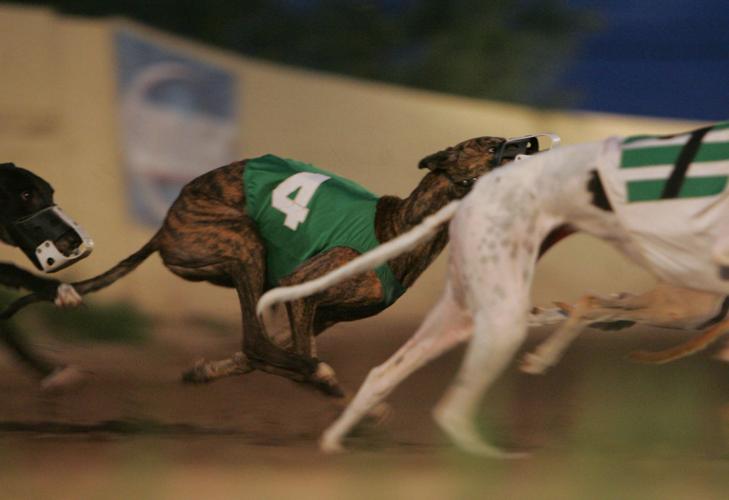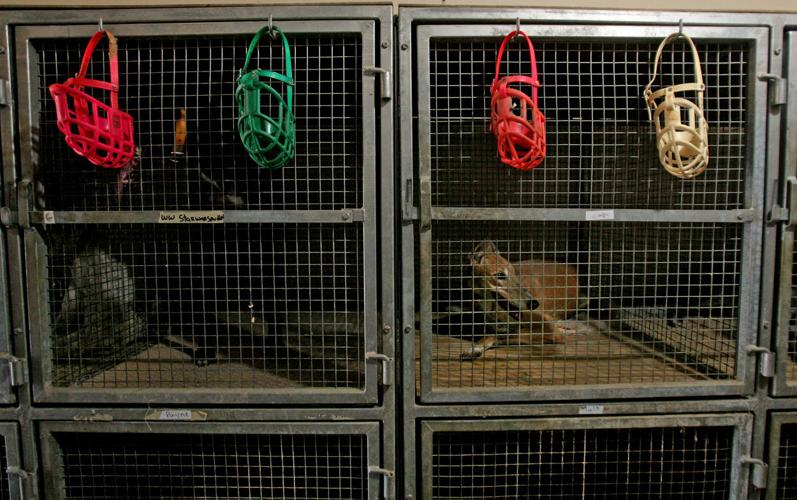A local greyhound rescue organization spent more than $200,000 on veterinary care in 27 months to help 74 dogs that came off the Tucson track with significant injuries and illnesses.
Southern Arizona Greyhound Adoption started “Jackie’s Fund” in July 2013 when Tucson Greyhound Park asked the organization to take a seriously injured dog, the nonprofit’s website shows.
Another local organization’s online site doesn’t detail exactly what’s being spent on emergency veterinary care, but Arizona Greyhound Rescue’s website shows this breakdown in expenses for an average rescued dog: $480 for one month of boarding; $320 for discounted medical fees, including blood work, dental cleaning and surgeries for spaying and neutering; and $125 for medication and vaccinations.
“Of course, these costs increase for dogs that come to us with injuries, illnesses, or other medical problems,” the site reads. “And the longer the dog is with us, the higher the expenses climb. Sometimes it takes from three or four months with us to place a dog.”
Members of both organizations have repeatedly declined to comment, citing fears that the track, at 2601 S. Third Ave., will discontinue providing them with dogs if they discuss rescue efforts.
The high sum being spent shows the level of need for the dogs, and the impact racing has on the animals, said David Wolf, director of National Greyhound Adoption Program.
“Arizona and pretty much every other state does not have nearly enough oversight, control or legislation on the books to deal with this appropriately,” he said.
The dog racing industry “has always, as long as I’ve been doing this, let the responsibility be with these adoption groups,” he said. “It doesn’t surprise me considering the kennel operators generally work from hand to mouth, and the dog’s owners aren’t interested in investing money for fixing dogs.”
Tucson veterinarian Kayla Boyer said extensive tooth decay is the most common thing she sees in greyhounds taken to her clinic.
That’s often due to the dogs being fed a poor diet high in bacteria and then not receiving adequate care, Wolf said.
Greyhounds, including some of Tucson’s dogs, according to county records, are often fed a combination of kibble and “4D meat,” meaning it comes from “dead, dying, disabled or diseased” animals.
Meat from these carcasses is boned and packaged or frozen without heat processing, the U.S. Food and Drug Administration reports.
The manager of the track, Dale Popp, would not comment for this story.





